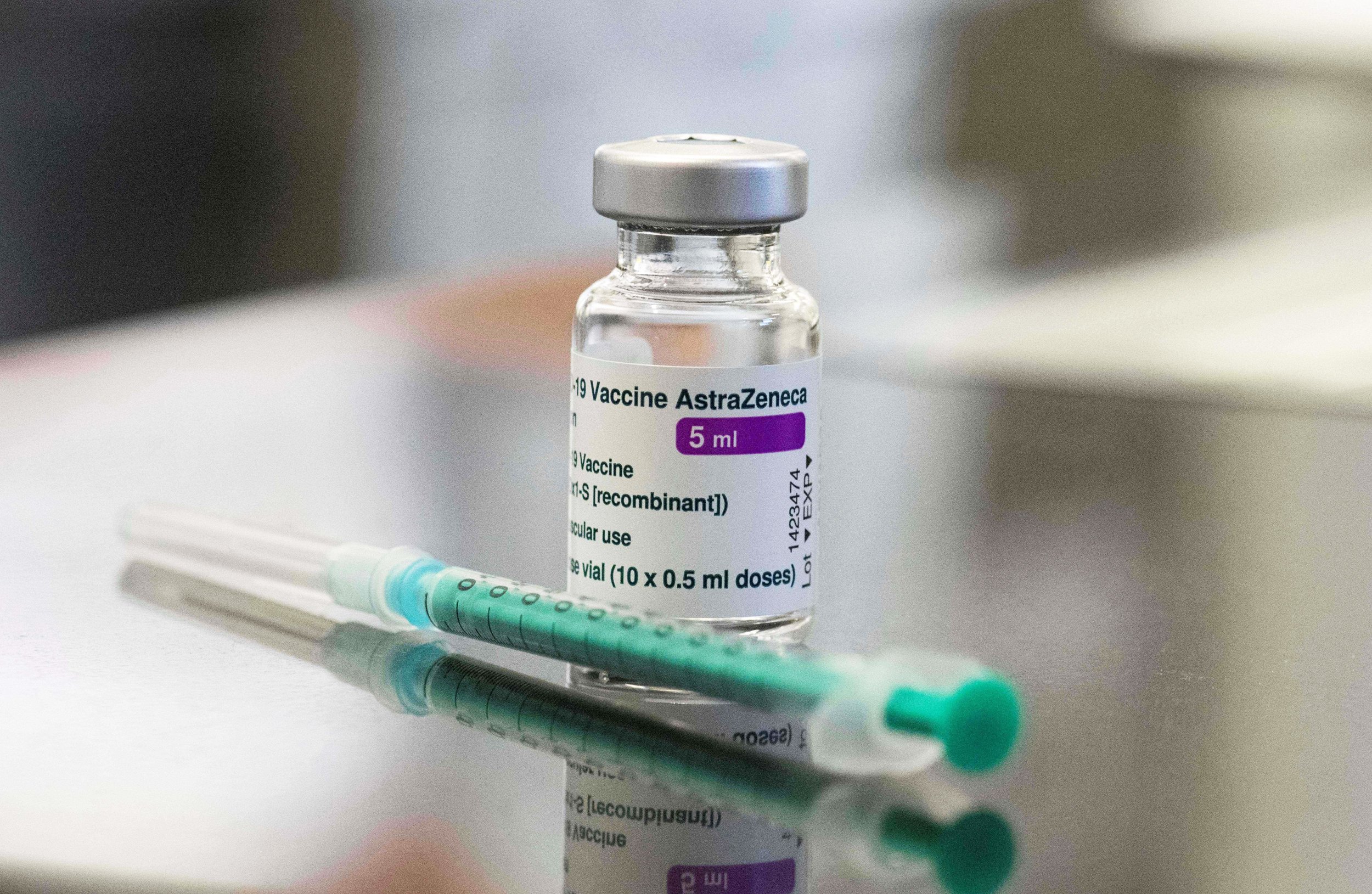Health
COVID-19 vaccines sales: AstraZeneca records increase — coy

A financial report by drug maker AstraZeneca said its revenue increased by 23 per cent mainly from the sale of their COVID-19 vaccines.
The company said on Thursday that its revenue increased to 15.54 billion dollars in the first half of the year, of which 1.2 billion dollars was obtained from the sale of vaccines.
“Total revenue predominantly comprised of Product Sales, amounted to 1,169 million dollars in the first half, reflecting the delivery of 319 million doses worldwide.
“Sales in Europe were 572 million dollars, Emerging Markets sales were 455 million dollars, and in Established RoW sales amounted to 109 Million dollars.”
The company’s net profit in the first half amounted to 2,112 billion dollars, which is 42 per cent higher than the annual limitation indicator.
The profit per share was 1.61 dollars against 1.17 dollars a year earlier, and operating income increased by 21 per cent to 3.022 billion dollars.
AstraZeneca, one of the largest pharmaceutical companies in the world, was formed in 1999 by a merger of British Zeneca Group and Swedish Astra.
The company is engaged in the development, production, and sale of drugs for the treatment of gastrointestinal, cardiovascular, neurological, as well as oncological diseases.
In February, the World Health Organisation (WHO) listed two versions of the AstraZeneca/Oxford COVID-19 vaccines for emergency use, giving the green light for these vaccines to be rolled out globally through COVAX.
According to AstraZeneca, its vaccines show 92 per cent and 86 per cent efficiency against hospitalisation in the Delta and Alpha variant cases respectively.
At the same time, a UK-based study from May, published in the New England Journal of Medicine on July 21, showed that AstraZeneca was 33 per cent effective after one dose, 60 per cent effective after two.
Earlier this year, concerns emerged over side-effects of the AstraZeneca vaccines due to very rare cases of blood-clotting after vaccination.
After some nations temporarily suspended use of the vaccine, the WHO said it considers the benefits of the drug to outweigh its risks.




 Davido's Net Worth & Lifestyle
Davido's Net Worth & Lifestyle 
